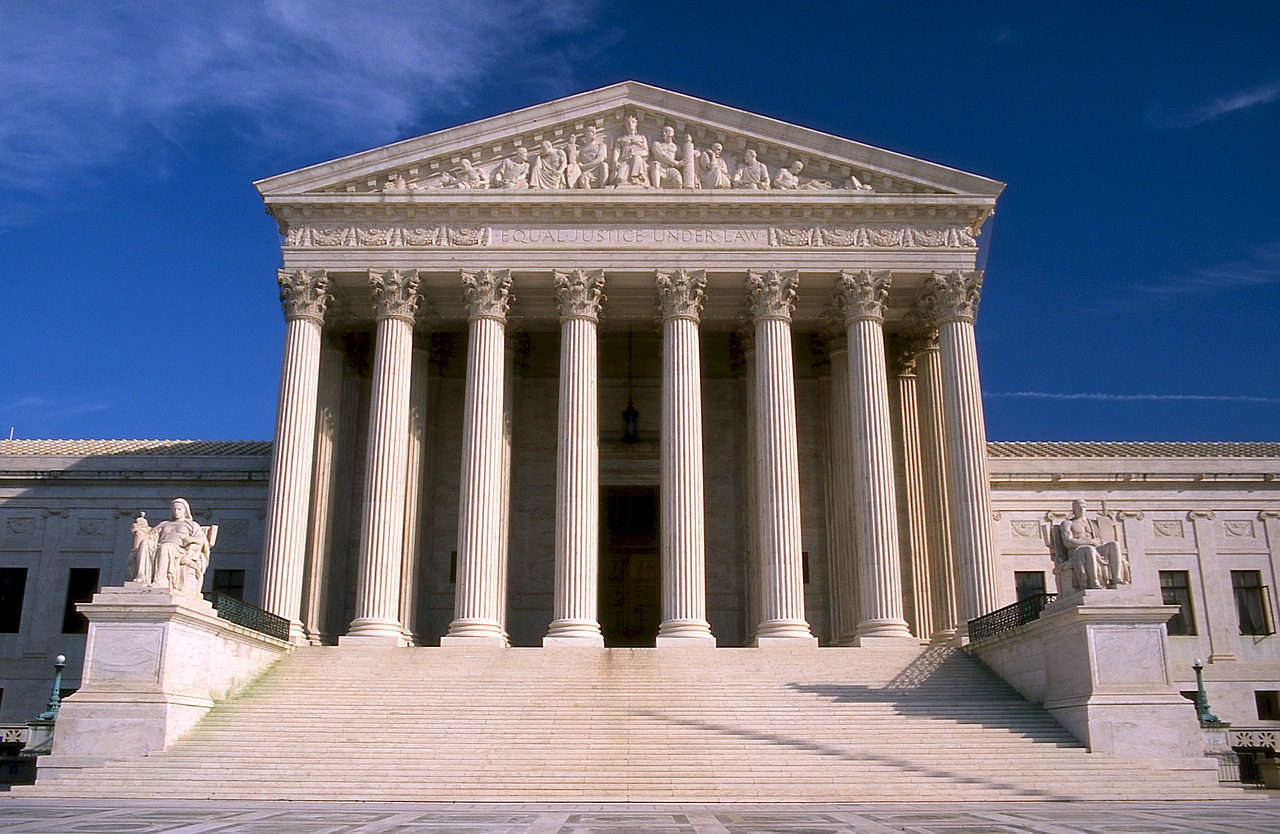Supreme Court Will Hear Universal Service Case on March 26
Randy Sukow
|

The U.S. Supreme Court has scheduled oral arguments in the case of FCC v. Consumers’ Research for Wednesday morning, March 26. The court will decide on a ruling last year by the U.S. Court of Appeals for the Fifth Circuit that the Commission’s current universal service fund (USF) is unconstitutional. The Fifth Circuit’s decision conflicts with decisions by the Sixth and 11th Circuits.
Consumers’ Research, a nonprofit activist group, brought the case which challenges the constitutionality of the USF contribution system, which collects a percentage of revenues from interstate and international telecommunications carriers. The current contribution rate is more than a third of revenues from a shrinking number of contributors. An independent organization, the Universal Service Administrative Co. (USAC), manages the collection. The Fifth Circuit found that the collection amounts to an illegal tax, levied without direct Congressional approval.
The key question in the case, according to a Supreme Court summary, is “whether Congress violated the nondelegation doctrine by authorizing the Commission to determine … the amount that providers must contribute to the fund.” In the weeks since the Supreme Court agreed to hear the case on Nov. 22, interested parties have been filing friend-of-the court briefs.
“There is no violation of the private nondelegation doctrine where the private entity functions subordinate to an agency, and the agency has authority and surveillance over the entity,” according to a joint brief by NTCA – The Rural Broadband Association; USTelecom, and the Competitive Carriers Association. “The FCC’s limited employment of USAC for ministerial functions plainly satisfies these standards, as the Sixth and 11th Circuits correctly found, and contrary to the ‘skeptic[ism]’ of the Fifth Circuit en banc majority.”
The FCC has close oversight over USAC, which NTCA/USTelecom/CCA claims has a limited part in determining the USF contribution factor and no policy-making authority. “USAC has no ability to determine or expand the size of any USF program,” according to the brief.
Consumers’ Research in its brief, however, said Congress neglected its responsibility by handing the collection process to the FCC, regardless of USAC involvement. It quotes Justice Neil Gorsuch in his dissent to 2018’s Gundy v. United States, saying that “merely announc[ing] vague aspirations and then assign[ing] others the responsibility of adopting legislation” does not meet the original understanding of the nondelegation doctrine.
“But that is precisely what Congress did with the USF,” Consumers’ Research said. “Rather than appropriate a specific amount of money or set an upper limit for the FCC, Congress handed the FCC the power to decide in the first instance how big the USF would be, limited only by the FCC’s own ‘aspirations.’”
NRTC signed on to a brief filed by NRECA, CFC and a long list of other organizations which focuses on the effect that declaring USF unconstitutional could have on rural America. “The digital divide will grow if USF is eliminated. Of the 24 million Americans who lack access to fixed broadband at speeds meeting the FCC’s current broadband benchmark of 100/20 Mbps, 80 percent live in rural areas,” the rural entities said.

